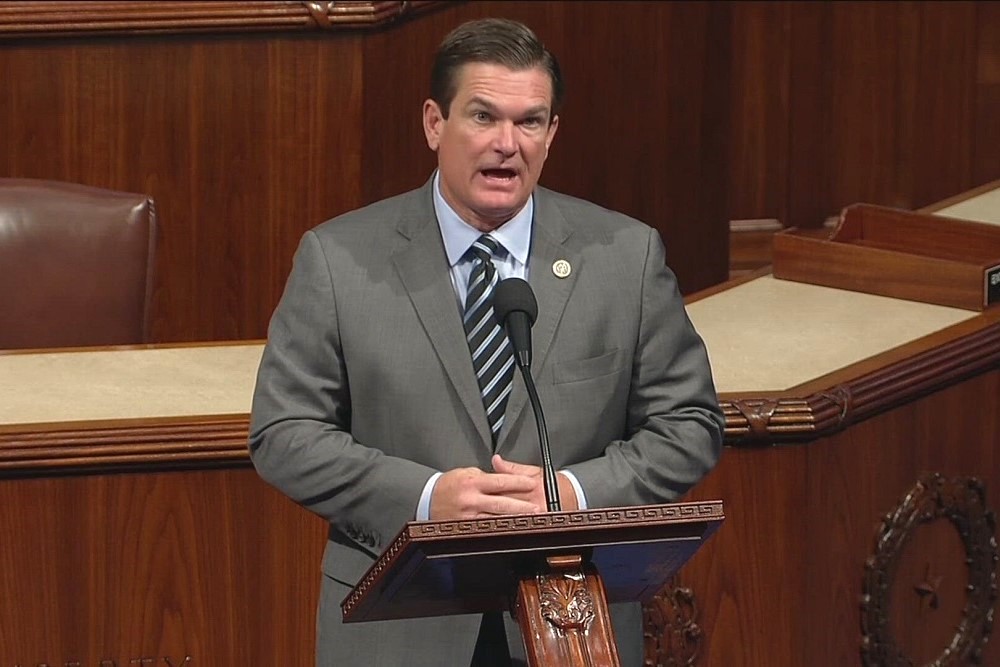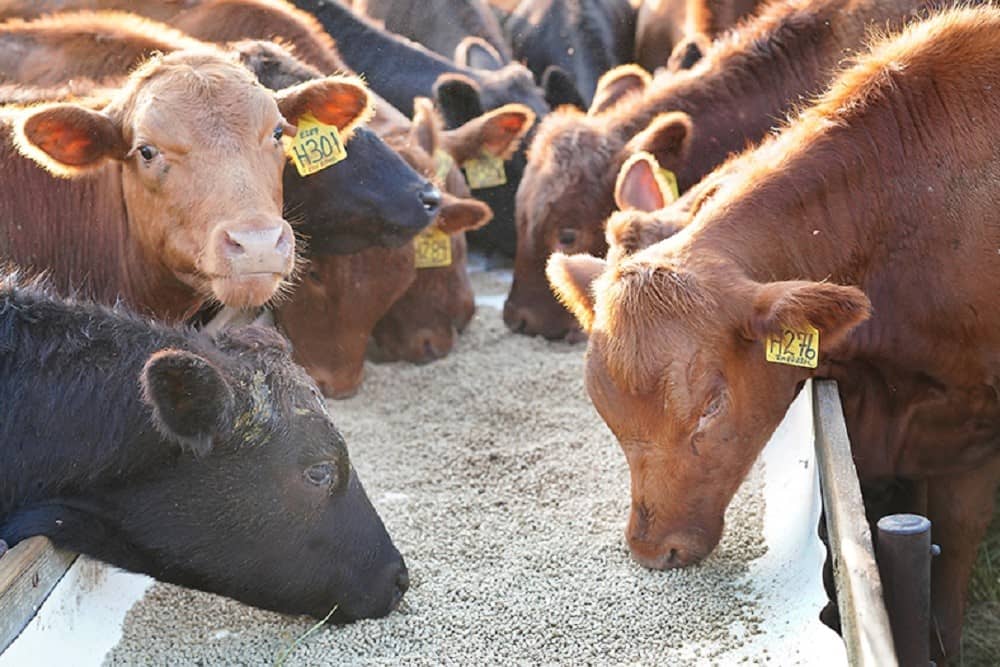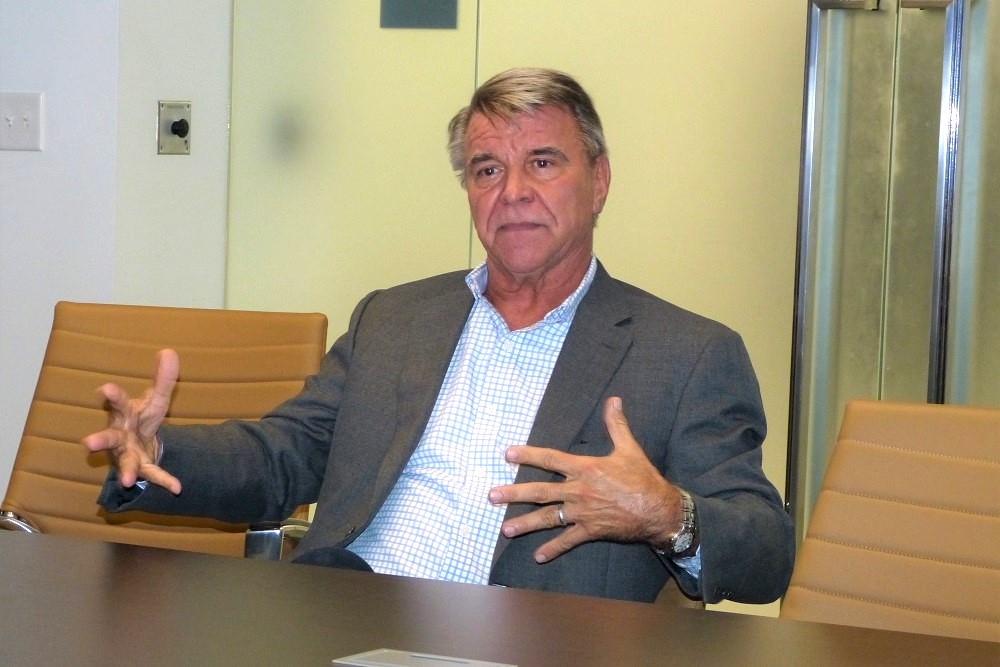Farm Bill Should Be Split into Separate Ag and Nutrition Bills, Says Georgia Congressman Austin Scott

There may be some progress on the Farm Bill, but Congressman Austin Scott (R-GA-08), who also serves on the House Agriculture Committee, says he would like to see the bill split into two different bills that fund agriculture and nutrition separately.
“I’ve advocated for separating them for the last several years. I do think that the partnership has worked over the course of the last several decades. In today’s time it doesn’t seem to be working for the producer. It’s not an equitable split when you have gone down to less than ten percent going to production agriculture, if we’re just honest about things,” he said.
Scott pointed to the changing landscape of the nation’s population as well.
“The population growth in the country has been in the metropolitan areas, and so there are fewer and fewer of us that actually represent farm country, and there are fewer and fewer Democrats that represent farm country. And so, I’m fortunate to be from a state where I have Representatives Sanford Bishop (D-GA-02) and David Scott (D-GA-13)—both good pro-ag Democrats—but a lot of states don’t have pro-ag Democrats. I mean, people from the metropolitan area don’t understand what it takes to operate the farm,” he said. “And I shouldn’t point that finger at Democrats when there are a lot of metro area Republicans that won’t support the Farm Bill either.”
Opponents of the idea say it would be harder to pass either bill if there were separate bills for nutrition and agriculture.
Nonetheless, Scott believes there is progress on a new Farm Bill and it may be ready for release in a few weeks.
“We want to have a five-year Farm Bill, but that five-year Farm Bill has got to take into account the increased cost of operations for the American farmer. So, it’s been a difficult time with the Congressional Budget Office. Right now, we’re putting, according to their stores, less than 10-percent of what we call the ‘Farm Bill’ into production agriculture and risk mitigation for our producers. And that’s simply not enough for them to be able to have the stop losses that they need to keep their operations going forward in the case of bad commodity collapses,” Scott said.



